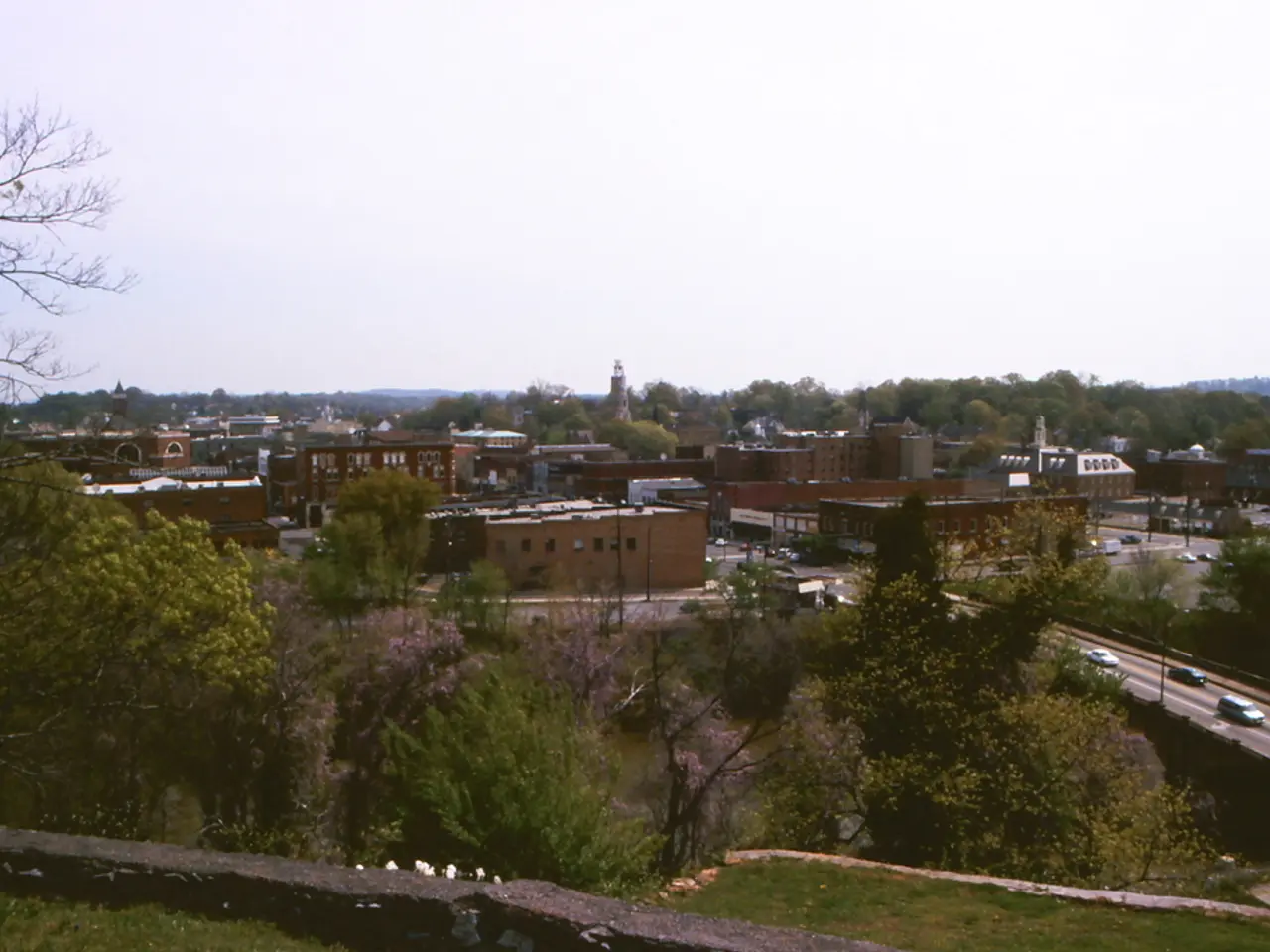Thriving Development of Hamburg South's Industrial Sector Remains Unabated
In the bustling city of Hamburg, a surge in demand for commercial and industrial space is on the horizon, thanks to the city's plans for industry-oriented innovation quarters in Harburg. These innovative zones are designed to concentrate specific industry sectors and encourage innovative business activities, driving the need for tailored commercial and industrial real estate to accommodate such companies.
According to a survey by the Economic Association, around 1,000 companies in the Harburg district found that about half of the roughly 100 participating companies need more space in the next 5 years. This demand is primarily driven by the 50 companies collectively requiring more than 12,000 square meters of additional office space and 40,000 square meters of additional production space.
The city's initiative functions as a strategic clustering of innovation-driven companies, underpinned by zoning and real estate offerings optimized for specialized industry needs. Companies eligible for these innovation quarters align with the specific thematic focus or industry specialization of each quarter, demonstrate an innovation-oriented business model, and are willing to contribute to the dynamic ecosystem that these quarters aim to foster.
However, the lack of public land plots and the rising prices may cause some companies to seek space on the private market. The real estate industry is currently facing simultaneous pressures of costs, interest rates, and sales prices.
The Economic Association believes that innovation takes place in almost all economic sectors and that companies should not be left out in the cold, even if they cannot be assigned to an obvious innovation cluster. They still see Harburg's industrial DNA as an opportunity, despite it being dusty, squeaky, or stinky. An attractive urban environment plays a role for companies, but to a much lesser extent.
Over 3/4 of the surveyed companies rate staying near the current location as important or very important. Interestingly, surprisingly few companies consider the neighborhood or proximity to related industries important or very important, with only slightly over 15% expressing such preferences. A good public transport connection, however, is essential for a relocation, according to 3/4 of the companies.
Heinrich Wilke, quoted in the article, emphasizes the need for a balanced approach, ensuring that the growth of innovation quarters does not come at the expense of traditional industries in Harburg. The city continues to address issues related to commercial and industrial space in southern Hamburg, with the Economic Association playing a key role in shaping the future of this dynamic region.
- Other businesses outside the innovation sectors in Harburg might seek space on the private market due to the rising prices and limited public land plots.
- The finance industry could play a crucial role in supporting the expansion of existing businesses and attracting new ones to Harburg's innovation quarters, as both these activities may require adequate funding for real estate investments.




